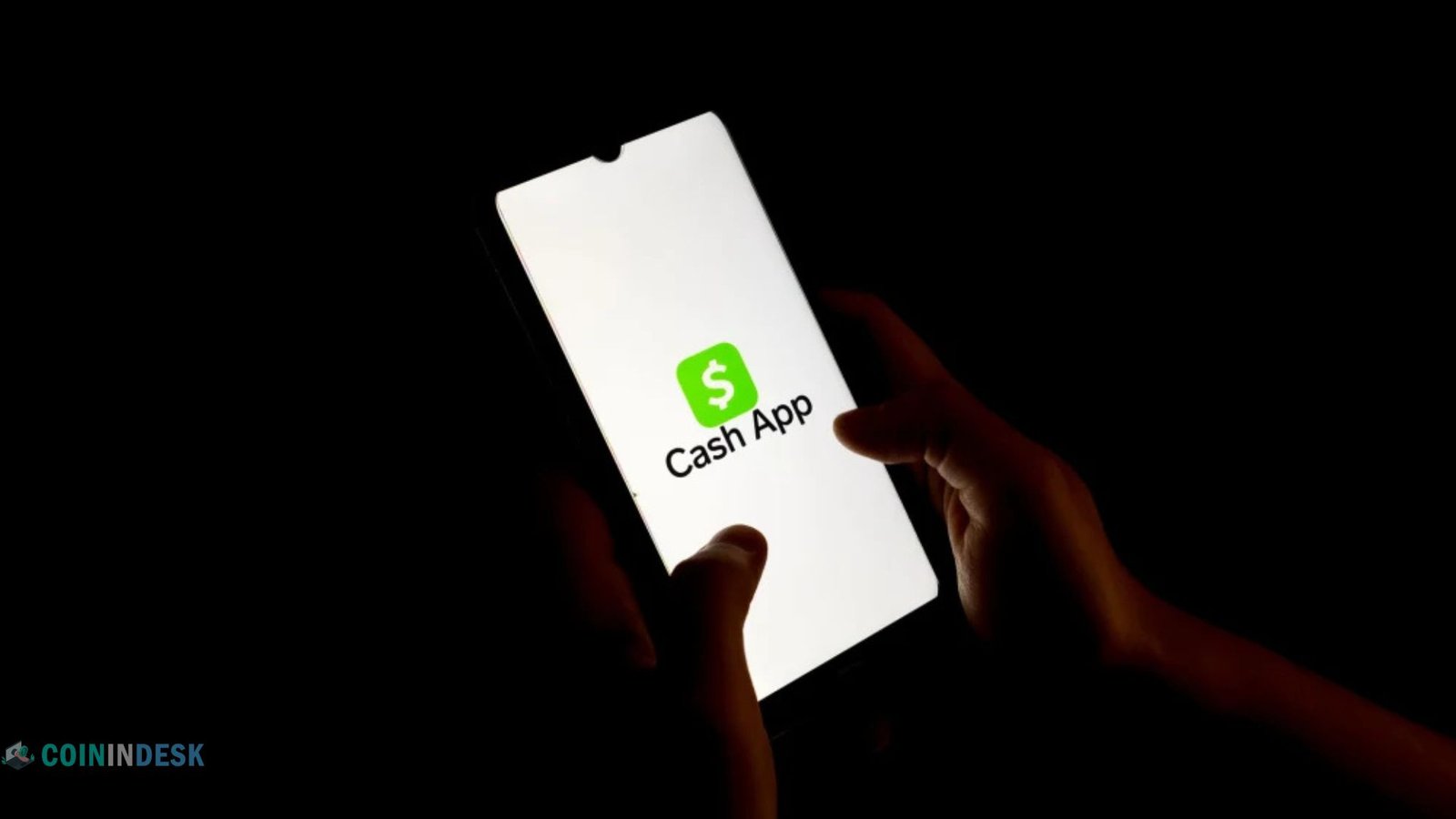What is the Cash App Bitcoin Scam?
Types of Cash App Bitcoin Scams
Fake Cash App Support
Investment Schemes
Giveaway Scams
Account Verification Scams
Phishing Emails and Texts
Red Flags to Watch For
- Requests for Sensitive Information: No one from Cash App will ever contact you by phone or direct message asking for your bank details, PIN, or login code.
- Unsolicited Contact: Anyone posing as a Cash App assistant and contacting you by phone, email, or social media should raise red flags. Scammers frequently reach out, particularly at inconvenient times.
- Too-Good-to-Be-True Offers: It is quite probable that any offer that promises profits or returns in Bitcoin is a fraud. Putting money into Bitcoin is risky because of how unpredictable the market is.
- Pressure Tactics: Calling you to act immediately is a common tactic scammers use. They can threaten to suspend your account or inform you that a limited-time deal will run out.
- Unusual Payment Requests: Always use caution when dealing with anyone who requests Bitcoin for payment, verification, or giveaways. Because it is difficult to trace Bitcoin, scammers prefer to utilize it.
How to Protect Yourself from Cash App Bitcoin Scams
Enable Two-Factor Authentication
Use Strong, Unique Passwords
Verify Official Accounts
Avoid Sharing Sensitive Information
Educate Yourself
- Immediately Change Your Cash App Password: Change your password immediately to stop additional illegal transactions.
- Contact Cash App Support: Do not use social media to contact Cash App’s official support team; instead, use the app or website. Just let them know what’s going on and ask for their assistance.
- Report the Incident to Law Enforcement: Although it is challenging to trace Bitcoin transactions, you may assist in locating the perpetrators of a scam by reporting it to your local authorities or the Federal Trade Commission (FTC).
- Monitor Your Accounts: If you have more than one bank account, you should monitor all of them closely for any suspicious behavior. If you have disclosed sensitive information, you may consider adding a fraud warning to your credit report.




